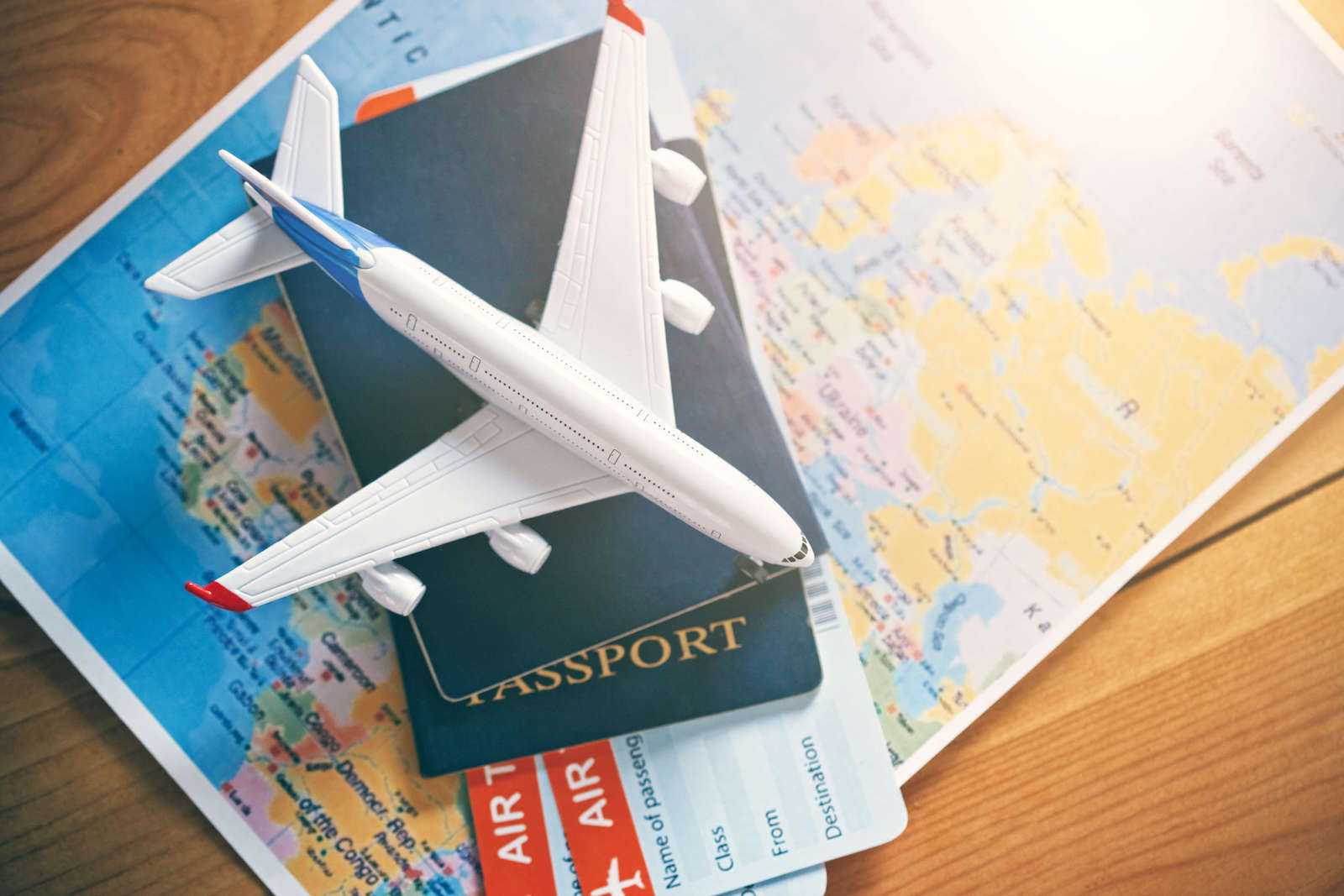Under the 1951 UN Convention Refugee Travel Document (blue) is issued by the United Kingdom to a refugee who has been granted asylum in the UK. If someone has been recognised as a refugee then they can apply for a travel document under the 1951 refugee Convention, which is a blue passport-sized document. Information about applying for this travel document is available on the UK government website.
The Refugee Travel Document Normally is normally issued for up to 10 years for adults and for up to 5 years for children, or in line with limited leave. It also may be issued with a shorter validity if considered appropriate.
Travel documents are normally valid for all countries other than the country asylum is claimed from and/or the country of origin.
Countries that allow visa-free travel on Refugee Travel document
Countries that do not allow entry with Refugee travel document
UAE – Dubai
Qatar – Doha
Stateless person’s travel document
A stateless person may apply for a travel document under 1954 United Nations Convention relating to Stateless Persons. Information about applying for this travel document is available on the UK government website. For more information on statelessness, see our fact sheet on statelessness.
The travel document is normally valid for up to 5 years (children) or 10 years (adults) or in line with the leave granted. The stateless travel document is normally valid for all countries.
Certificate of Travel
Certificates of Travel may be issued to individuals who:
- are permanently resident in the United Kingdom, or
- have been granted Humanitarian Protection (HP) or Discretionary Leave (DL) to enter or remain in the UK for a limited period, following an unsuccessful asylum application and can provide documentary evidence that they have been formally and unreasonably refused a passport by their country of origin.
The certificate of travel is normally valid for up to 5 years or for the length of leave the individual has. The Home Office guidance states that the certificate of travel is normally valid for all countries but there were previously issues with the acceptance of the document in a number of countries, including many European ones. It is recommended that a particular country’s rules should be checked before applying for such a document and travelling to that country.
However, if an individual stay outside of the UK for a period of more than 2 years, that leave to remain (whether indefinite or limited) will lapse. The leave to remain will not lapse if someone comes back and left again during the two-year period – it must be continuous for the leave to lapse.

